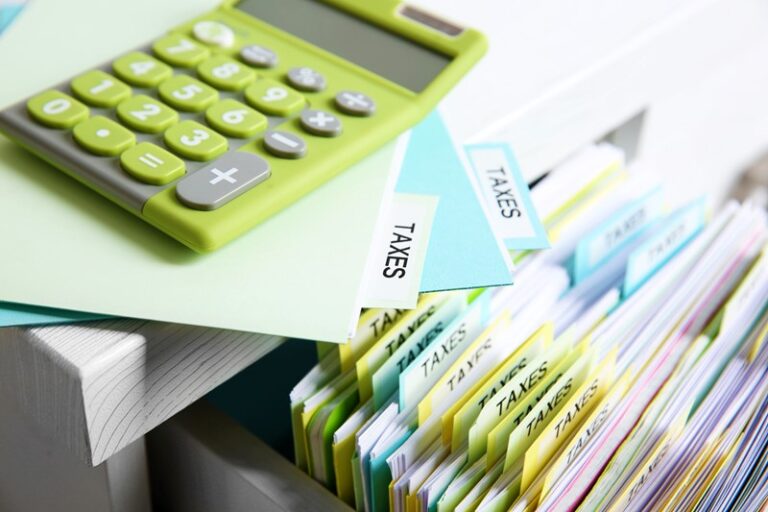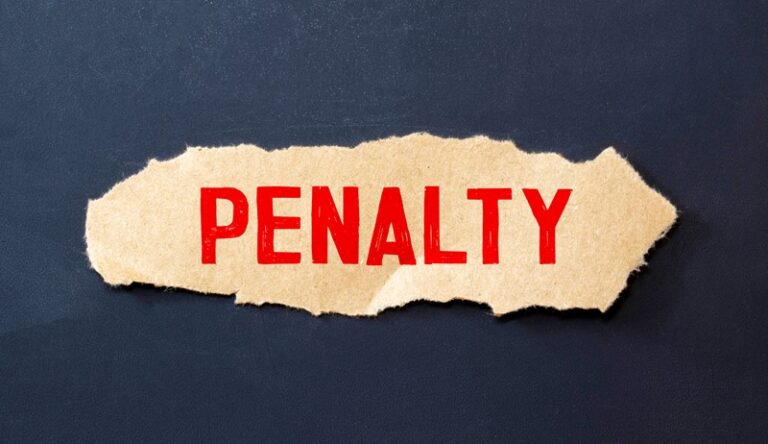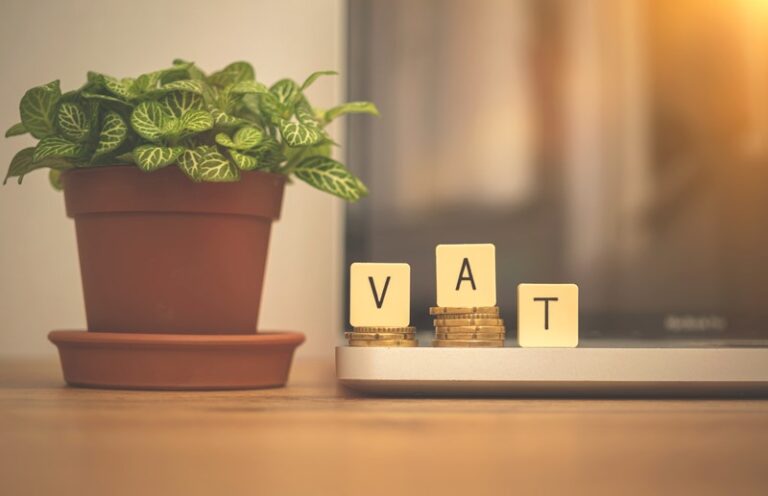Check a UK VAT number is authentic
Verifying a VAT number before reclaiming VAT can protect your business from rejected claims, repayments, and unnecessary penalties.The online service for checking a UK VAT number is available at

Verifying a VAT number before reclaiming VAT can protect your business from rejected claims, repayments, and unnecessary penalties.The online service for checking a UK VAT number is available at

For eligible businesses, the VAT Annual Accounting Scheme can reduce paperwork, smooth cash flow and replace quarterly returns with a single annual submission.
The VAT Annual Accounting Scheme is

VAT road fuel scale charges are fixed, standardised amounts that businesses must use to account for output VAT when they provide fuel for private use in a vehicle that is also used for business

Many businesses are still unaware that the VAT late filing and late payment rules now operate on a points-based system, where repeated delays can quickly lead to a £200 penalty and added

If your business has relatively low VATable expenses, the VAT Flat Rate Scheme can simplify your VAT reporting and may also improve cash flow.
The VAT Flat Rate Scheme is designed to simplify VAT

Exports from Great Britain or Northern Ireland can be zero-rated for VAT, provided businesses obtain valid export evidence within three months of sale and meet all HMRC documentation rules; accuracy

Waiting to be paid but still having to hand over VAT? The VAT Cash Accounting Scheme potentially lets you pay VAT only when your customer pays you, helping to ease cash flow pressures for small and

Businesses over £90,000 turnover must register for VAT, but HMRC may grant exceptions if the increase is temporary.
A business must register for VAT if either of the following applies:
At the end

When considering VAT on entertainment provided solely to directors or partners of a business it is generally not recoverable as VAT Input Tax.
HMRC considers that directors and partners are not in

Issuing a VAT invoice without registration or authorisation can lead to HMRC penalties, even if it is done by mistake.
A penalty may be charged by HMRC when an individual or business issues an